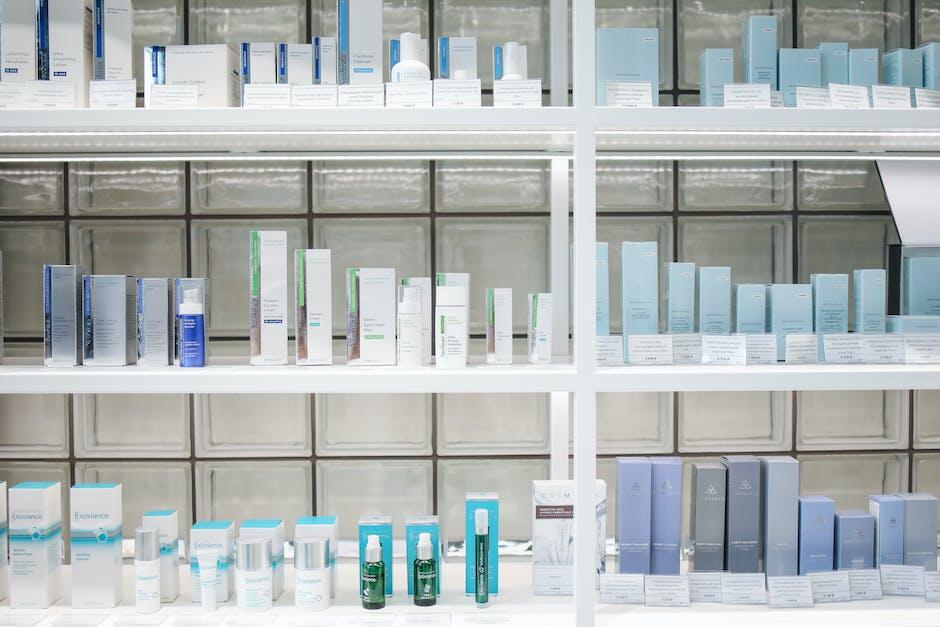
7 Tips for Choosing the Best Moisturizer for Rosacea

Rosacea is a skin condition that makes your skin look flushed or red. It’s a chronic, but treatable condition.
Choosing the right moisturizer for rosacea can significantly improve skin comfort, hydration, and appearance, helping to alleviate redness, dryness, and irritation. Rosacea-prone skin requires extra attention and a gentle approach, as many skincare products can contain ingredients that could potentially trigger flare-ups.
Here are seven essential sensitive skincare tips to keep in mind while selecting the best moisturizer for rosacea-prone skin.
1. Opt for Fragrance-Free Products
One of the first things to look for in rosacea-friendly skincare is a fragrance-free formula. Fragrances, whether synthetic or natural, are common irritants that can trigger rosacea flare-ups. Even small amounts can cause redness or irritation on sensitive skin. Therefore, checking the product label to ensure it’s fragrance-free is essential.
Unscented or hypoallergenic options are also excellent, as these are less likely to irritate and exacerbate rosacea symptoms. Many high-quality brands offer fragrance-free options that still provide nourishing benefits without triggering inflammation.
2. Look for Soothing Ingredients
Choosing gentle moisturizers with soothing ingredients can make a noticeable difference for rosacea-prone skin. Certain botanical extracts and soothing agents help alleviate redness and inflammation while promoting skin comfort. Look for moisturizers with ingredients such as:
- Aloe Vera: Naturally hydrating and cooling, aloe vera reduces redness and soothes sensitive skin
- Chamomile: Known for its anti-inflammatory properties, chamomile helps ease irritation and redness
- Cucumber Extract: A natural antioxidant and anti-inflammatory, cucumber can refresh and calm rosacea-prone skin
- Colloidal Oatmeal: Known for its gentle, moisturizing effects, colloidal oatmeal is particularly beneficial for reducing itchiness and irritation in sensitive skin
A product containing one or more of these ingredients can help maintain skin hydration while reducing rosacea symptoms.
3. Choose Non-Comedogenic Formulas
People with rosacea often have a combination of dryness and sensitivity, making it important to choose a non-comedogenic moisturizer. Non-comedogenic products won’t clog pores, reducing the risk of breakouts or flare-ups.
Some moisturizers for rosacea may be rich and creamy due to their hydrating properties, so finding a formula that balances hydration without clogging pores is essential. Water-based, gel-like, or lightweight cream formulas can help provide moisture without creating an oily residue. They allow the skin to breathe and stay balanced.
4. Consider a Product with SPF
Sun exposure is one of the most common triggers for rosacea flare-ups. Therefore, selecting a moisturizer with SPF is crucial for everyday protection. A broad-spectrum SPF 30 or higher can shield the skin from harmful UVA and UVB rays, helping to prevent redness and irritation.
Look for moisturizers with mineral-based sunscreens like zinc oxide or titanium dioxide rather than chemical sunscreens, as these are gentler on sensitive skin. Mineral sunscreens create a physical barrier on the skin’s surface, reflecting the sun’s rays instead of absorbing them, reducing the risk of heat-induced irritation.
5. Avoid Alcohol-Based Ingredients
Alcohol in moisturizers can strip the skin of its natural oils and create dryness and irritation, especially for people with rosacea. Avoid any products that list drying alcohols like ethanol or isopropyl alcohol, which can aggravate already sensitive skin.
Instead, look for ingredients like glycerin or hyaluronic acid, which are hydrating humectants that draw moisture into the skin without causing irritation. Moisturizers containing fatty alcohols such as cetyl alcohol or stearyl alcohol are generally safe for sensitive skin, as they are derived from natural sources and provide a creamy texture without drying effects.
6. Choose a pH-balanced Moisturizer
Healthy skin has a slightly acidic pH, around 5.5. Maintaining this balance is important for individuals with rosacea, as it can help protect the skin’s barrier function. A pH-balanced moisturizer is designed to complement the skin’s natural acidity, promoting a healthier and more resilient skin barrier.
When the skin’s pH balance is disrupted, it can become more susceptible to environmental irritants and bacteria, potentially worsening rosacea symptoms. Many brands list pH-balanced or “pH-neutral” on their packaging, so be sure to check for these indicators when choosing a moisturizer.
7. Patch-Test New Products
One of the safest ways to avoid potential irritation from a new moisturizer is to patch-test before applying it to your face. A patch test involves applying a small amount of product to an area of skin, such as the inside of your forearm, to see if any irritation occurs.
Leave it on for 24 hours and check for any signs of redness, itching, or inflammation. If there’s no reaction, the moisturizer is likely safe for your face. Patch-testing is especially important for people with rosacea, as even gentle products can cause unexpected reactions on highly sensitive skin.
Bonus Tip: Keep Your Routine Simple
With rosacea, less is often more. Simplifying your skincare routine can help prevent further irritation, as layering too many products may disrupt the skin’s natural barrier.
A basic routine with a gentle cleanser, hydrating moisturizer, and SPF can provide all the essentials for skin health. Adding new products gradually also allows you to monitor how your skin responds, helping you avoid unnecessary flare-ups.
Top Ingredients to Avoid in Rosacea Moisturizers
While choosing a product with beneficial ingredients is important, it’s equally important to avoid ingredients that commonly cause irritation for those with rosacea. Here are some to watch out for in your journey.
- Artificial Dyes and Fragrances: Can trigger allergic reactions and increase redness
- Exfoliants like Salicylic Acid or Glycolic Acid: Can be too harsh on sensitive skin
- Menthol or Peppermint Oil: Cooling agents that often cause stinging sensations on inflamed skin
- Chemical Sunscreens: Oxybenzone and avobenzone can cause heat buildup, exacerbating redness in rosacea
The Best Moisturizer for Rosacea is Gentle, Soothing, and Calming
No one enjoys the flare-ups that come with Rosacea, but with a bit of extra care, you can reduce these flare-ups and have healthy skin again. Using the best moisturizer for Rosacea from Kiwi Drugs is the first step.
We are an online New Zealand pharmacy that offers many popular Rosacea medications and moisturizers for cheaper, so you don’t have to break the bank to take care of yourself. Check out all the products for Rosacea that we offer on our website.
References:
Cleveland Clinic. (2024, June 27). How to get your skin’s pH balance under control. https://health.clevelandclinic.org/what-is-skin-ph
Medical News Today (2022, February 28). Flynn Williams. The importance of patch testing skincare products. https://www.medicalnewstoday.com/articles/patch-test-skincare

